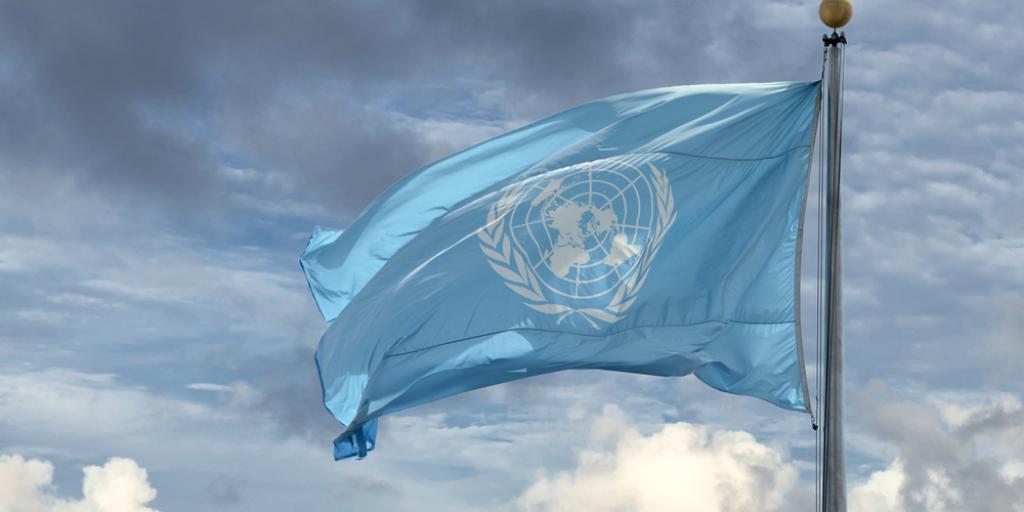Post by: Rebecca Emmanuel

Greetings! My name is Becky Emmanuel, I am a third-year law student, and this semester, I have been working on a research project with Alliance Defending Freedom international (ADF). ADF is a faith-based organization that is dedicated to protecting religious freedoms around the world. The core of our research with ADF has been focused on finding mechanisms that hold human rights violators responsible and accountable for their actions without being litigious.
How can individuals, groups, and small non-profit organizations hold human rights violators in other countries accountable for their wrongdoing against a fellow human being? One of the answers to this question has been the Magnitsky act. In my research, I started with the birth and introduction of the Magnitsky Act and its effect on Human Rights law.
The Magnitsky Act was first passed in the United States in 2012 and named after Sergei Magnitsky, a Russian tax lawyer. He was thrown into a Moscow prison in 2008 when he threatened to reveal the corruption of Russian officials. About eleven months later, it was reported that he died from pancreatitis and gall stones while in prison, but there were also reports that he had been assaulted and tortured while in prison, which resulted in his death. The Magnitsky Act was first created to punish those who were involved in the death of Sergei Magnitsky by barring them from entering the U.S. or freezing whatever assets the officials had within U.S. territory.
The effect of the Magnitsky Act has influenced other countries to create their own form of the Magnitsky Act to hold human rights violators accountable as well. While the trend might be slow right now, there’s hope that soon, countries will realize the importance of the rule of law and human rights accountability.
This post was written by a Center for Global Justice student staff member. The views expressed in this post do not necessarily reflect those of Regent University, Regent Law School, or the Center for Global Justice.

